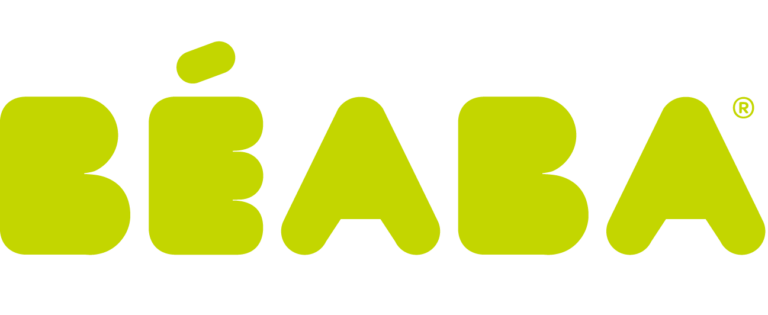This new vision is no longer linear, but circular and injects creativity into rethinking a product or a service.
LCA is a scientific, standardised approach (ISO 14 040-44), recognized worldwide and supported by ADEME.
MAOBI’s strength is our ability to carry out the LCA perfectly adapting its level of precision to your needs:
In a the Economy of functionality, the product itself is not sold but rather the use of that product. According to ADEME, this model allows organisations to disassociate sales growth from the use of raw materials.
MAOBI will help you to define, finance and carry out your new business model circular project.
The result: an eco-design brief, environmental assessment tools, integration of eco-design criteria into your product development processes

DEVELOPPEMENT ET VALORISATION D’UN AUTOLABEL
Accompagnement à la création et la valorisation d’un autolabel environnemental

FEUILLE DE ROUTE EMBALLAGES RESPONSABLES
Réaliser un diagnostic et co-construire, avec une équipe pluridisciplinaire, la feuille de route emballages durables à horizon 2025 et 2030

NOTE D’ÉCO-CONCEPTION
Développer une note d’éco-conception pour animer toutes les équipes de développement et assister une prise de décision éclairée.
A